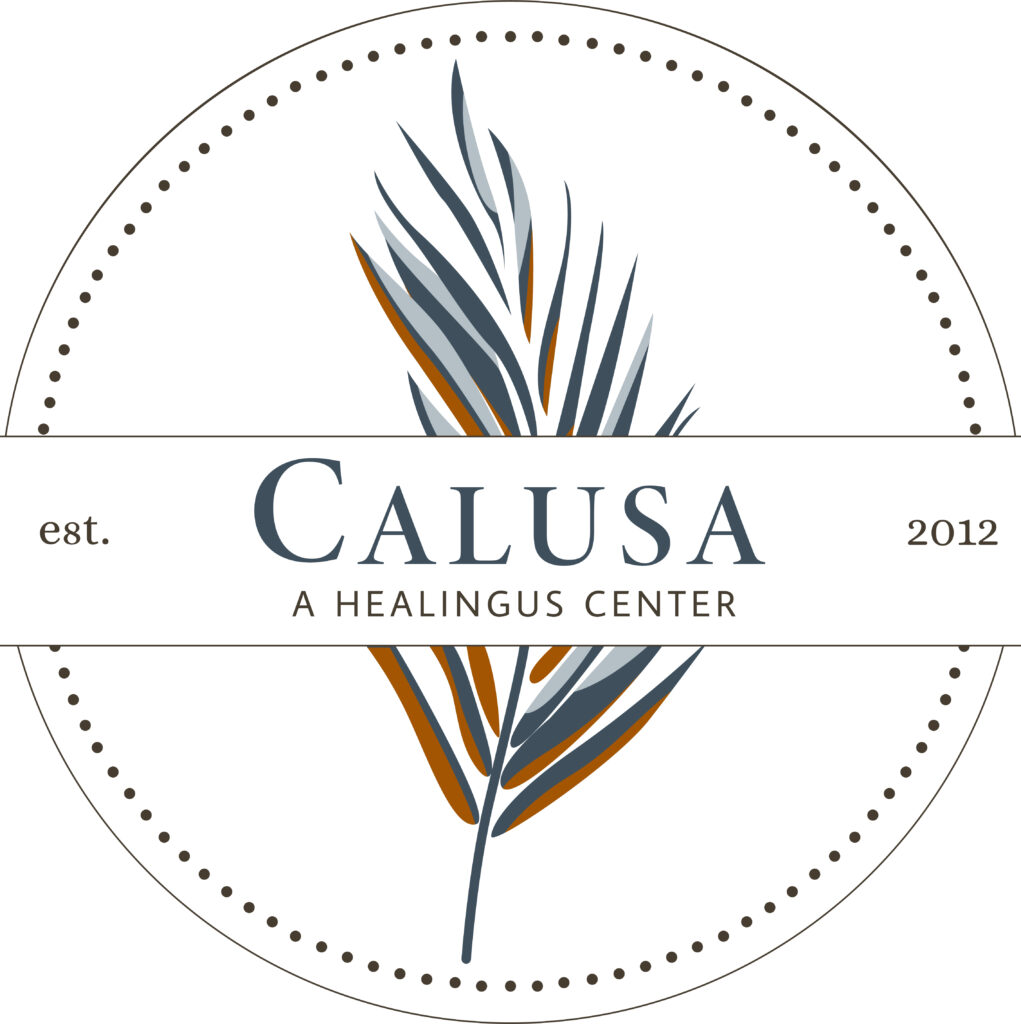The signs of heroin addiction can appear suddenly or develop gradually, but they are always serious and potentially life-threatening. Recognizing these signs early on can make the difference between ongoing suffering and a path toward lasting recovery.
Heroin is a powerful opioid that alters brain chemistry and causes both physical and psychological dependence. As the addiction progresses, it can take over every part of a person’s life, damaging their health, relationships, finances, and future. Understanding the signs of heroin addiction is crucial for getting help before the consequences become irreversible.
At Calusa Recovery Center, we know how devastating heroin addiction can be, and we’re here to offer support, treatment, and hope. Below, we’ll break down the five most common signs of heroin addiction and what steps to take if you notice them in yourself or someone you love.
1. Physical Symptoms and Changes: A Key Sign of Heroin Addiction
One of the most visible signs of heroin addiction is a change in physical appearance and behavior. Heroin acts as a depressant on the central nervous system, slowing bodily functions and altering how a person looks and moves.
Some common physical signs include:
- Pinpoint pupils, even in dim lighting
- Frequent drowsiness or sudden “nodding off”
- Noticeable weight loss and a pale or gaunt appearance
- Itching, scratching, and flushed skin
- Track marks or scarring from injections
As heroin use continues, the body starts to deteriorate. Neglect of hygiene, dental issues, and chronic respiratory problems may follow. These physical changes are often the first red flag for loved ones.
2. Mood Swings and Behavioral Shifts
Another key sign of heroin addiction is a dramatic change in mood or behavior. The drug interferes with the brain’s reward system and emotional regulation, often making users irritable, depressed, or emotionally distant.
You may notice someone:
- Becoming withdrawn from family and friends
- Losing interest in hobbies or responsibilities
- Experiencing intense mood swings or periods of agitation
- Being secretive or dishonest about their whereabouts
These changes are often driven by the emotional highs and lows caused by heroin use and withdrawal. As the addiction worsens, the person may isolate themselves or lose the ability to maintain healthy relationships and responsibilities.
3. Disrupted Routines and Daily Life
The signs of heroin addiction often show up in daily routines. Struggling people may start missing work, skipping meals, or falling asleep at inappropriate times. Their days may become dominated by the cycle of using, recovering, and finding more drugs.
Key lifestyle disruptions might include:
- Sleeping for long periods or being awake at odd hours
- Neglecting basic hygiene and daily tasks
- Failing to meet work, school, or family obligations
These disruptions are often a reflection of how completely heroin addiction can take over a person’s life. It’s not just about drug use—it’s about the breakdown of structure, stability, and self-care.
4. Financial and Legal Consequences
Heroin addiction is expensive and often leads to a range of financial problems. Individuals may begin borrowing money, selling belongings, or even stealing to fund their addiction. Over time, this can escalate into serious legal trouble.
Look for warning signs such as:
- Sudden or frequent requests for money
- Missing valuables or unexplained expenses
- Arrests, fines, or other legal issues related to possession or theft
- Job loss or academic failure due to poor performance or absenteeism
These issues can signal that someone is caught in a dangerous cycle of drug use, desperation, and consequences. Financial instability is one of the most destructive signs of heroin addiction, especially when combined with other red flags.
5. Withdrawal and Increased Tolerance
A defining sign of heroin addiction is the presence of withdrawal symptoms when the drug wears off, as well as the need for increasing doses to feel the same effects. Heroin changes the way the brain and body function, and when it’s not present, the person may experience extreme discomfort.
Withdrawal symptoms may include:
- Muscle aches, nausea, and vomiting
- Sweating, chills, and restlessness
- Anxiety, depression, and intense cravings
- Insomnia and irritability
Tolerance and withdrawal are clear indicators of physical dependence, and they’re among the most urgent signs of heroin addiction. At this stage, it’s extremely difficult—if not impossible—for someone to stop using on their own without medical detox and therapeutic support.
Get Help for the Signs of Heroin Addiction at Calusa Recovery Center
If you’ve noticed the signs of heroin addiction in yourself or a loved one, know that you’re not alone, and help is available. Heroin is a powerful and dangerous drug, but recovery is possible with the right support system and treatment approach.
At Calusa Recovery Center in Florida, we offer comprehensive heroin addiction treatment, including medical detox, residential care, Partial Hospitalization Programs (PHP), Intensive Outpatient Programs (IOP), and long-term recovery planning. Our compassionate team is here to guide you every step of the way—from the moment you reach out to the day you reclaim your life.
Contact Calusa Recovery Center today to learn more about our programs and how we can help you or a loved one break free from the grip of heroin addiction. Healing starts with a conversation. Reach out now.
















